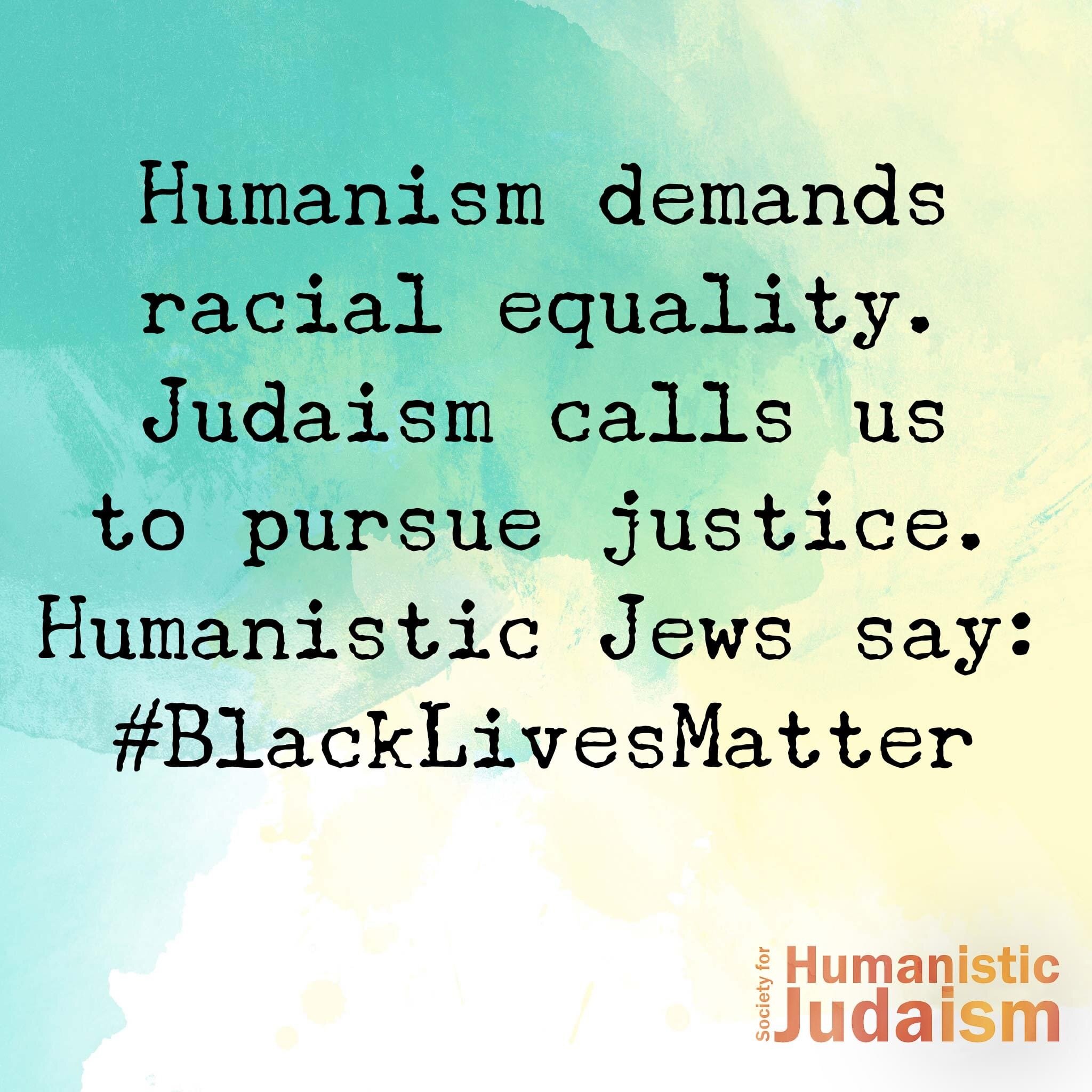Note: I update this blog occasionally but you can find always my most recent blog posts at secularsynagogue.com
If you're like me, and I bet you are, the events of the world are taking their toll on you. I have spent the past few days feeling generally unwell. Not sick enough to feel like I need to medicate or particularly treat anything, but not well enough to work and show up the way I like. You could say I'm experiencing a form of "dis-ease."
A few months ago I saw this tweet and found myself howling with laughter. In case you don't get the joke, it refers to the book The Body Keeps the Score, about how our body hangs onto trauma. Yep, it's in my body. It's in yours too. And the past couple of years have left their mark on all of us. It's why the tweet is so funny -- if only we could just ask our bodies to release some of this stuff without doing all the work that release demands (therapy, bodywork, breathwork, and community work -- more on that below).
We are in a shmita/ sabbatical year. The literal meaning of shmita is "release," (as in, release debts). I have been trying to take the lessons of shmita seriously - work less, rest more, release what needs releasing.
One of the things bugging me in my body lately is some sharp foot pain. I have been doing a thing called "dry needling" which some friends swear by and which is, yes, under-evaluated from a scientific perspective. It's like acupuncture but way more painful :) This week when I was getting stabbed in the foot, I cried a little. Was it pain? Was it something emotional being released? Yes. Yes.
Why am I sharing this? A lot of people who are like me Jewishly and politically -- secular/cultural, belief in science, belief in the here and now -- might be wary of things like "trauma in the body" and unproven acupuncture techniques. Is the placebo effect real? Sure is (and I'd love to get me some of that for my foot, please). Can trauma be measured? Nope. But the mind/body connection is often undervalued in our Jewish spaces and it doesn't matter whether we believe in it, the body demands to be heard.
I recently attended the Embodied Social Justice Summit, where people gather to speak about communal responses to trauma. Our pain is not just individual pain, but collective pain. Self-care can only take us so far. It can't help us through intergenerational trauma, systemic racism/sexism/homophobia/antisemtiism, structural inequality, a gig economy that forces us to work until we are (and when we are!) sick etc etc etc. We need communal solutions to these problems.
In Judaism, we have a lot of wisdom to draw on to meet our challenges and the challenges of the world. Things like shmita, or Shabbat - reminders to slow down. Things like the need for a group of 10 in order to pray (minyan), a group to mourn with (shiva), community to do social justice work with (tzedakah/ tikkun olam), and beyond.
I shared with the Secular Synagogue community Friday that I wasn't well and got a flood of caring messages which really served to buoy my spirit. I sometimes worry as a leader that I am letting people down if I can't do my usual work. But I am starting to learn that the opposite may be true: some of the best things I can do to be a good leader is to model rest and slowing down. Some of the best things we can do for ourselves as well as each other is to show up for each other, even in small ways like messages of caring. I'm still not feeling well, but having a team helps me feel better -- about my own current state of unwellness and the overall unwellness all around us now (pandemic, war, greed, hate, etc etc etc).
I am thinking of how we explode the supposed divisions between body and mind, between self-care and community-care, and between self/other, me/you. It's all connected; we are all connected.
After that dry needling when I cried a little, I happened to run into a friend, a Kohenet, who asked me how I was doing. Again, I cried a little.
There is so much needing release. There is so much in our body. There is so much need for connection with each other.
I have no particular wisdom or answers about Ukraine, or how we move ahead equitably in Covid, or how we tackle climate change, or how we make people understand the hate and harm behind "don't say gay" laws, etc etc etc. I feel like I'm usually good with words but right now I'm fairly speechless. Maybe you're feeling the same way? So I have two invitations for you/us that are seemingly in contradiction, but I believe are both necessary and mutually supporting:
1) Be by yourself and get quiet. We are needing to let our bodies tell us what they need. Where does it hurt? What needs release? How? For me, movement, yoga, and nature are how I foster that release. What is it for you?
2) Be in community and get loud. It is the mission of Secular Synagogue that we foster "two-directional goodness" via Judaism; Judaism helps enrich our lives so that we can better the world. We need to foster our own well-being so that we can promote collective well-being. The problems I mention above can't be solved individually. I can't recycle my way out of climate change or isolate my way out of a pandemic. We need to work together and show up for each other meaningfully.
Wishing all of us wellness and wholeness ❤️



















